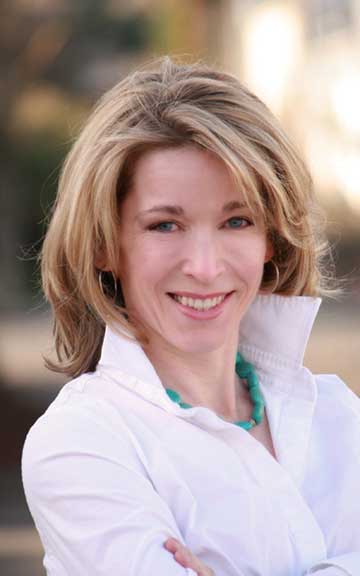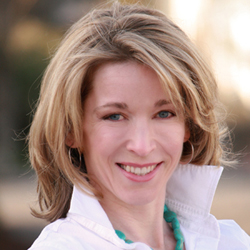“We are always at the beginning of things…We are always at the morning of the world.”
–Francois Cheng
Winter is arrived, wrapping us in deepest darkness. The sun sits suspended on an invisible threshold, its solstice marking both an end and a beginning, a tipping point. The power, the crisis of this moment, was keenly felt by our ancestors. The myths and ritual celebrations surrounding the return of the light from the midst of darkness oriented us to our place in the cosmos, keeping us rooted in a religious experience of life: religious as in, “bound together.” Humility and gratitude were part of the fabric of our being. This reverence oriented us to our place in the universe, binding us to a more powerful force, call it Self, God, or Consciousness.
 Our sensitivity and receptivity to this pregnant pause of the solstice can easily be lost in the noise of the consumer crush, obfuscated by the bright glare of shopping mall lights. Antidepressants alleviate our Seasonal Affective Disorder; the symptoms that once urged us to a more poetic, more embodied connection to the cosmos now something to be surmounted. But if we listen past the din of materialistic mayhem, we can still feel the same urgency, the same anxiety, the same hope that compelled our forebears to the myriad rituals beseeching the return of the light.
Our sensitivity and receptivity to this pregnant pause of the solstice can easily be lost in the noise of the consumer crush, obfuscated by the bright glare of shopping mall lights. Antidepressants alleviate our Seasonal Affective Disorder; the symptoms that once urged us to a more poetic, more embodied connection to the cosmos now something to be surmounted. But if we listen past the din of materialistic mayhem, we can still feel the same urgency, the same anxiety, the same hope that compelled our forebears to the myriad rituals beseeching the return of the light.
This position of humbleness, of recognizing one’s place within a larger whole, was turned on its head as we slowly conquered the perceived limitations of existence and took dominion of the earth. Power and hubris have since replaced humility and gratitude, breeding abuses against our planet and humanity and bringing us to a very real tipping point, a collective crisis. It has brought us to 2012.
The Mayan calendar indicates that 2012 is the end of an age. Americans, with our peculiar penchant for oversimplification, have reduced and exaggerated this idea to mean the end of time, a Hollywood-style apocalypse, the complete destruction of the world. A more educated, thorough understanding of the Mayan cycles of time, however, indicates something far more subtle, and more compelling.
The actual meaning of the word apocalypse, “to uncover, to reveal,” indicates that the end of time is not (necessarily) the end of the world; it is, rather, a change of worlds. It is seeing something previously hidden; it is a shift of consciousness. The apocalypse is already here.
Wall Street protests, Middle East uprisings and European riots are the response to revelations of viral corruption and greed: the darkness of our age. Light is breaking through the cracks in the system into the previously hidden recesses of power, revealing the bankruptcy of an economic and political system predicated on endless expansion, consumption and aggression.
The gift of darkness is the internal reflection it invites. The sadness, the anxiety, the depression provoked by the dark propels us inward, compelling a soul-searching quest, a contemplation that binds us back us to our ancient center. In the dark, we remember the power of compassion, connection, humility, reverence, and respect. We are reminded of our true vulnerabilities. We are brought back to what is important, and why.
With consciousness comes what the Buddha called “right action.” Aware of the impact we make, we can make new, more enlightened choices. We can keep our money local, where it helps our community. We can grow our food, and buy from local farmers, helping ourselves, our neighbors and the earth with one, simple choice. We can examine our energy consumption considering not just our personal bottom line, but the earth’s. We can, in short, move from the smallness of “I” to the inclusiveness of “We.”
We sit suspended in this moment on the cosmic wheel, our future uncertain. There is an urgency in this darkness, an imperative as great as any our ancestors felt. The resurrection of the light is not guaranteed: it is, in fact, in our hands and in our humility. As we arrive at this winter solstice, at the edge of darkness, we are, all of us, bound together, one people, one earth, at this fragile morning of the world. May it dawn in peace and love.
Kate Ingram is a professional counselor, and may be reached at 541-840-0359 and her website: katherineingram.com
.

 KATE INGRAM, M.A., is a counselor, soul coach and author. Her first book, Washing the Bones: A Memoir of Love, Loss, and Transformation about her journey through grief and depression to spiritual awakening, was awarded a 2014 Nautilus Silver Medal and a 2014 Indie Book Award. To receive free monthly inspiration or to find out more about her work, please visit
KATE INGRAM, M.A., is a counselor, soul coach and author. Her first book, Washing the Bones: A Memoir of Love, Loss, and Transformation about her journey through grief and depression to spiritual awakening, was awarded a 2014 Nautilus Silver Medal and a 2014 Indie Book Award. To receive free monthly inspiration or to find out more about her work, please visit